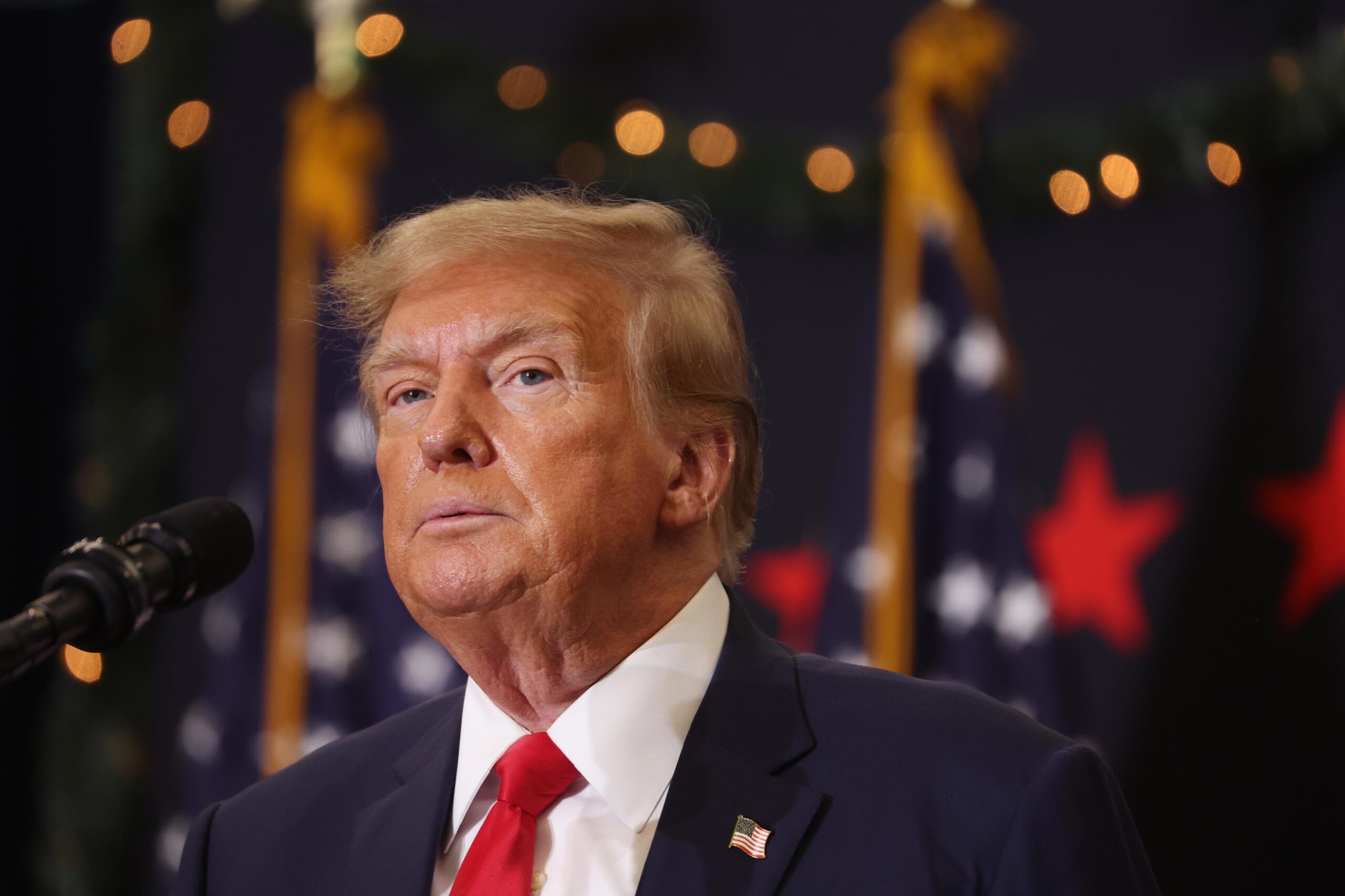The US Supreme Court announced on Friday that it will examine the Colorado Supreme Court’s groundbreaking decision to remove former President Donald Trump from the state’s ballot. The court has scheduled oral arguments for February 8. The lower-court ruling that disqualified Trump is currently on hold, leaving him on the primary ballot until the Supreme Court makes its decision.
If the justices determine that Trump is ineligible for public office, any votes cast for him will be null and void. This case places the nine justices at the heart of the 2024 election as early primary voting commences, marking the court’s most significant involvement in a presidential race since the pivotal Bush v. Gore decision 23 years ago.
The state court’s ruling last month virtually guaranteed that the justices would have to address this politically charged case and settle the contentious question of whether Trump can be removed from the ballot. While the Colorado ruling is specific to that state, courts in several other states have also examined challenges to Trump’s eligibility, though none have progressed as far as the Colorado case.
Last week, Maine’s secretary of state removed Trump from the state’s 2024 primary ballot, a decision that Trump’s team appealed in state court on Tuesday. The Oregon Supreme Court may also soon decide on a bid to remove Trump from that state’s primary and general election ballots due to his involvement in the January 6, 2021, insurrection. This highlights the urgent need for the justices in Washington to act swiftly in the Colorado case.
The Colorado decision is currently on hold pending the US Supreme Court’s resolution of the case. The state’s chief election official faces a Friday deadline to certify the primary ballots. If the justices rule Trump ineligible for public office before Colorado’s primary on March 5, any votes cast for him will be invalidated.
Trump appealed the Colorado decision to the US Supreme Court last Wednesday, a week after the state’s Republican Party also requested the justices to hear the case. The surprising 4-3 decision last month declared Trump constitutionally ineligible to run in 2024, citing the 14th Amendment’s ban on insurrectionists holding office as applicable to his actions on January 6, 2021.
Trump’s attorneys argued in their petition to the court that the Colorado Supreme Court erred in its description of Trump’s role in the events of January 6, 2021. They contested the use of the term ‘insurrection’ and denied that Trump ‘engaged’ in such activity.
Expedited Schedule
The court has set an unusually rapid schedule to hear the Donald Trump ballot dispute. Trump is expected to file his opening brief in the case by January 18, with the Colorado voters challenging his eligibility for office submitting their opening arguments by January 31. This timeline significantly shortens the normal briefing schedule, emphasizing the urgency with which the justices are proceeding.
Justice Thomas’s Recusal
Justice Clarence Thomas has not yet recused himself from the case, despite pressure from House Democrats who have criticized his wife’s conservative activism and efforts to overturn the 2020 election results. Eight Democrats sent a letter to Thomas on Thursday, arguing that his wife’s involvement in the January 6 “Stop the Steal” rally makes it “unthinkable” that he could be impartial in deciding whether the event constituted an insurrection.
Thomas or any other justice could still choose to recuse themselves at a later point. CNN has reached out to the Supreme Court for comment on the recusal request.
This story has been updated with additional details.

